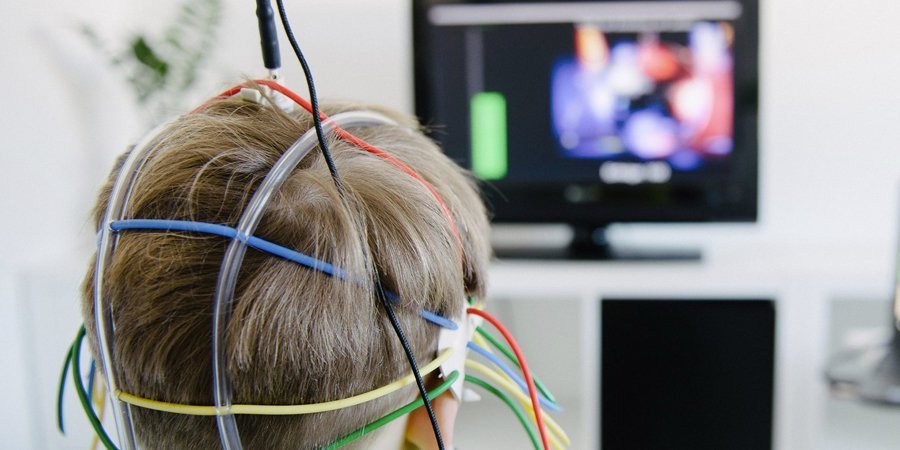Utilizing the Potential of Neurofeedback to Improve Sports Achievement and Mental Fortitude in Athletic Psychology
Wiki Article
Neuro-feedback is an innovative technique that is growing attention in the realm of athletic psychology. It involves using real-time displays of brain activity to help athletes improve their cognitive performance and emotional resilience. By training the mind to function more efficiently, athletes can boost their focus, reduce stress, and elevate their overall performance in their respective sports. This approach is based on the concept that individuals can train to regulate their brain waves, leading to improved mental states that are crucial for achievement in challenging environments.
One of the key benefits of neurofeedback is its capacity to help athletes handle stress and anxiety. Sports can be extremely competitive and stressful, which can negatively impact performance. Neurofeedback training allows athletes to recognize when they are in a state of high anxiety and teaches them how to transition their brain activity to a more relaxed state. This methodology can lead to enhanced concentration and a greater ability to stay calm under stress. As a consequence, athletes can perform at their peak, even in high-stakes situations.

In furthermore to controlling anxiety, neurofeedback can also enhance focus and attention. Many athletes find it challenging with interruptions during competitions, whether from the audience, their rivals, or their own minds. Neurofeedback helps athletes prepare their minds to sustain focus on their performance and goals. By learning to boost specific neural wave patterns associated with concentration, athletes can improve their ability to remain engaged in their sport. This increased focus can lead to superior decision-making and performance of skills during competitions.
Additionally, neurofeedback can aid to developing mental resilience, which is crucial for athletes facing challenges and setbacks. Mental resilience refers to the capacity to recover back from difficulties and sustain a positive mindset. Through neurofeedback, athletes can develop a greater awareness of their emotional states and learn techniques to regulate their feelings. This training can help them cope with losses, injuries, and other obstacles they may encounter in their athletic careers. As a result, athletes become more adaptable and better equipped to handle the ups and downs of their sports.
In conclusion, neurofeedback is a powerful tool that can significantly enhance athletic performance why not look here and mental resilience. By training the brain to control stress, enhance focus, and develop emotional strength, athletes can gain a strategic edge. As more athletes and coaches recognize the benefits of this technique, it is likely to become an integral part of sports training programs. Embracing neurofeedback can lead to not only improved performance but also a healthier and more harmonious approach to sports and competition.